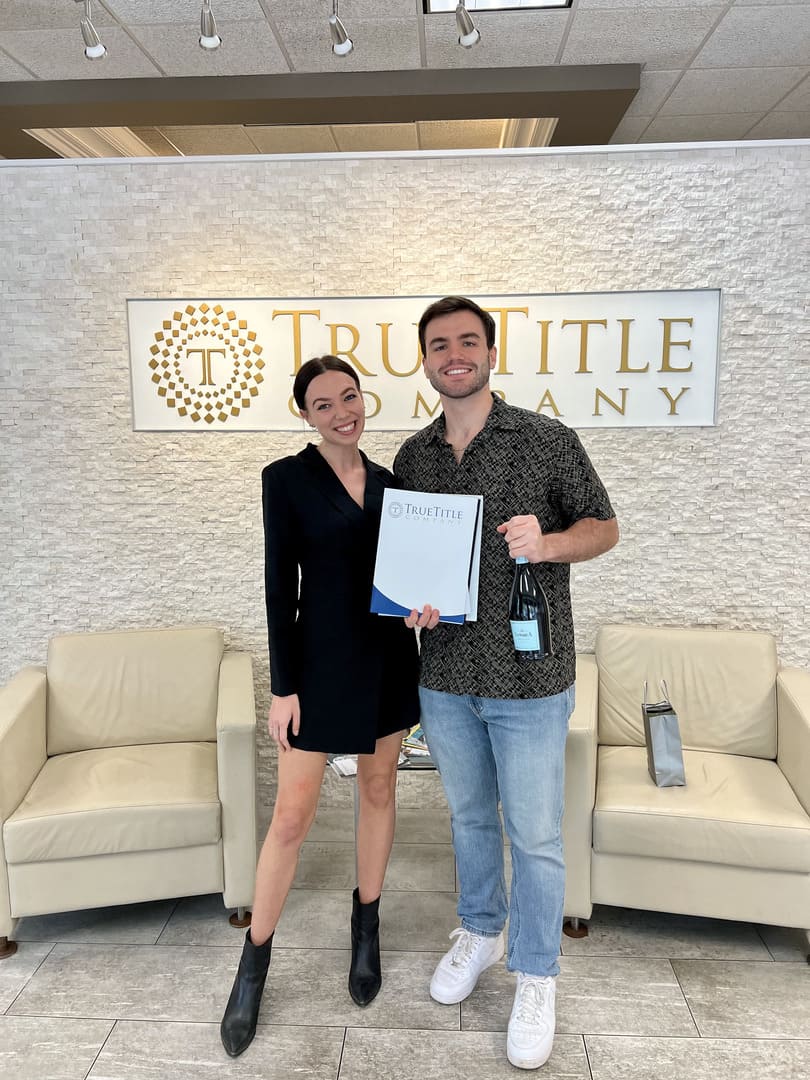Sell for
Top-Dollar
Selling your home requires expert skills and proper guidance. We invest in everything from proper marketing to professional photography to ensure that you get top-dollar for your home.
Home selling
Made simple
At The Taylor Group, we bring unparalleled expertise to the Saint Louis real estate market, where every neighborhood has its own unique story. Selling your home for the highest price isn’t just about listing—it’s about crafting a custom strategy that connects your property with the perfect buyers. Our deep market knowledge, expansive network, and data-driven insights ensure your home’s value is showcased to its fullest potential.
Selling your home is a major milestone, and our mission is to make the process seamless and successful. From initial staging and inspections to skillful negotiations and closing, we provide a concierge-level service tailored to your specific needs. With trust, transparency, and open communication at every step, we ensure your journey is smooth and stress-free.
Full-service
Selling Experience
We will work tirelessly to ensure that your property sells quickly and at the best possible price. Our team is dedicated to providing exceptional service and support throughout the entire selling process, and we will be there for you every step of the way.
Trend Forecasting
Our team boasts extensive expertise in real estate markets. We continually monitor trends, analyze data, and understand buyer behavior, ensuring your valuation reflects the latest market dynamics.
White-Glove Service
Your property receives individualized attention. We prioritize your goals, crafting strategies tailored precisely to your vision. Expect dedicated support throughout the valuation process, customized to your needs.
Innovative Marketing
We excel in presenting your property effectively. Utilizing modern marketing strategies, we highlight its strengths through professional visuals and targeted campaigns, maximizing its appeal to potential buyers.
Our stats
Experience Matters
over
$
+
Million sold
Over
Famillies Served
Top
Team In STL
over
+
5-star Reviews
Our experts are
Here for you

In today’s competitive market, first impressions are everything. We leverage cutting-edge technology, professional photography, and expertly crafted MLS listings to make your home stand out across all platforms. Our strategic marketing approach captivates buyers, leaving a lasting impression that drives results.
Curious about your home’s value? Thanks to our partnership with Fello, you can easily track your home equity and monitor market trends with an intuitive dashboard. We also offer professional market comparisons and insights to empower you with the knowledge you need to make the best decisions.
Expertise in the
Local Market

At The Taylor Group, we pride ourselves on our in-depth understanding of the Saint Louis real estate market. Each neighborhood has its own unique charm, and we craft tailored strategies that connect your property with the right buyers. With our market expertise and innovative approach, we ensure your home stands out and sells for the highest price.
For an elevated experience, our comprehensive seller and luxury guides provide step-by-step advice to maximize your results. Trust us to deliver an exceptional experience and a custom game plan that gets your home sold quickly and successfully.
In the Words of our Clients
Success Stories





Ready to take
The next step?
Not sure if now's the right time to buy or sell? Need a reliable contractor? We would love to get to know more about you and your needs! Feel free to use any of the options here to get in contact with us!

